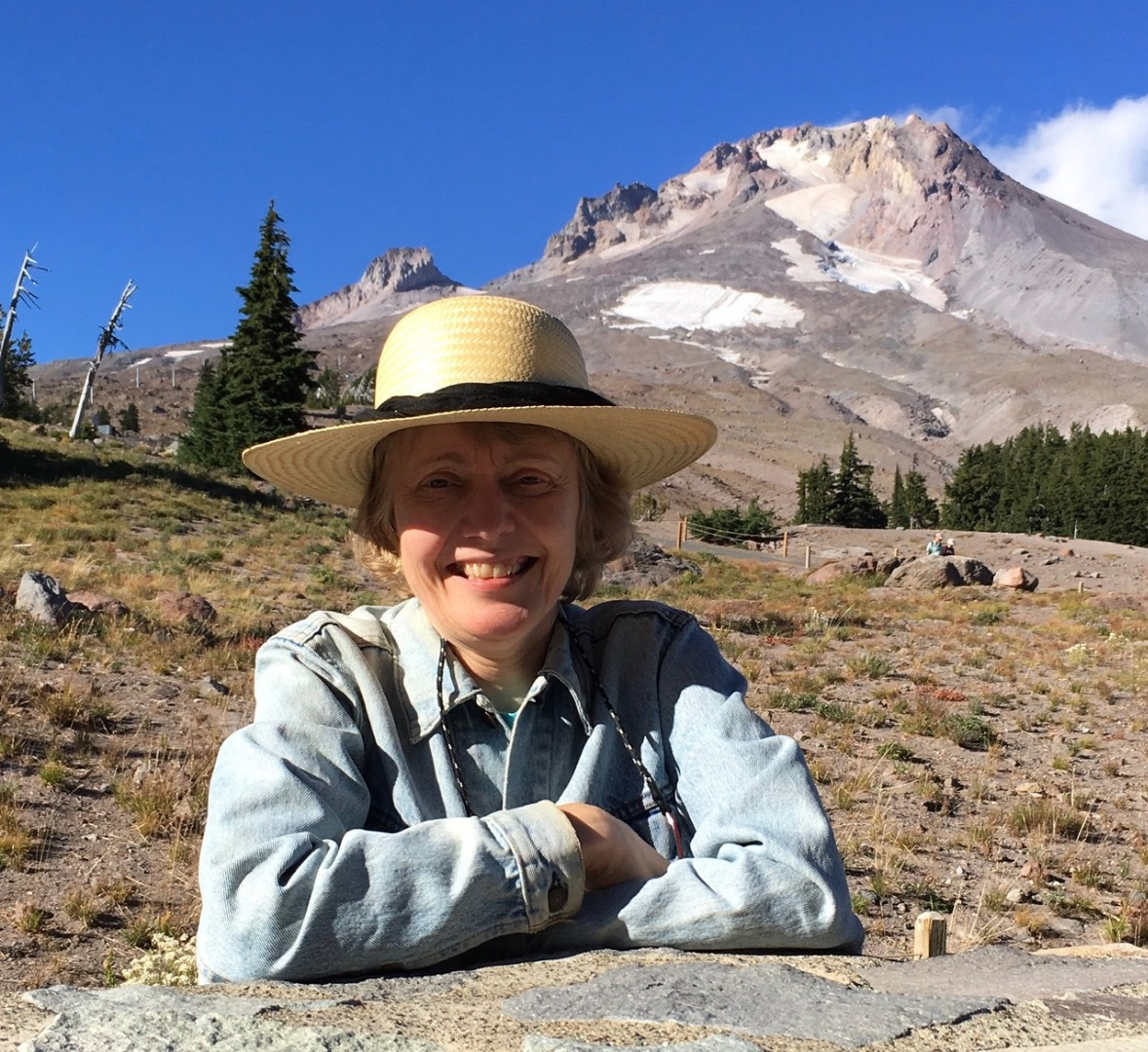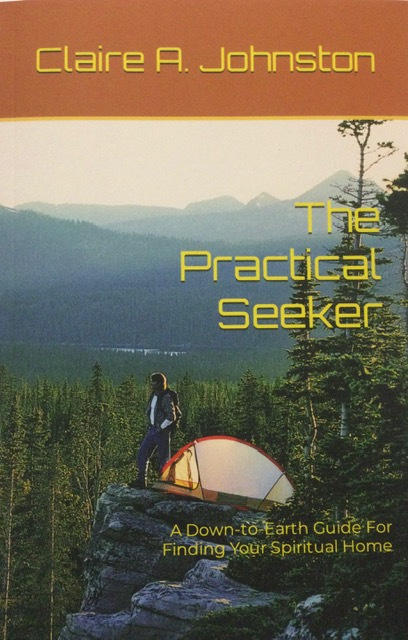Some people seek out ecstatic religious experiences. In Christianity, for example, there is the Penecostal "speaking in tongues." In Islam there are the famous Whirling Dervishes in the Mevlevi Order of Sufism. Desiring a change in one's state of consciousness, to get closer to the divine and to get a break from the limitations and sorrows of existence, is a common longing in humanity.
One must remember, though, that these experiences are, by nature, fleeting. And, in the aftermath of such experiences, a person may or may not be led to a refining of their personality and to more ethical modes of behavior. If the goal, ultimately, is to use ecstatic spiritual experiences as a means to understanding and growth, not an as an end in themselves, then they are valuable. Just to experience them as a temporary "high" again and again is not sound spiritual practice.
St. Paul had an ecstatic experience on the road to Damascus. After this experience (which he did not seek out) he had to spend some time away from everyday life, to give himself a chance to mediate and to draw conclusions from it. He shaped his life and actions ever afterwards in the light of that Damascus experience. Ecstatic spiritual experiences which give you a new perspective on your life, which leave you with soul-searching questions you need to pursue, are wonderful, if difficult, gifts. Seek them out, if you wish, with wise and adept teachers and helpers. But remember that these states of spiritual ecstacy are only useful and worthwhile if they help you grow. If they don't, pursue other spiritual paths.
Claire A. Johnston, Author

Seek the path that demands your whole being --Rumi

